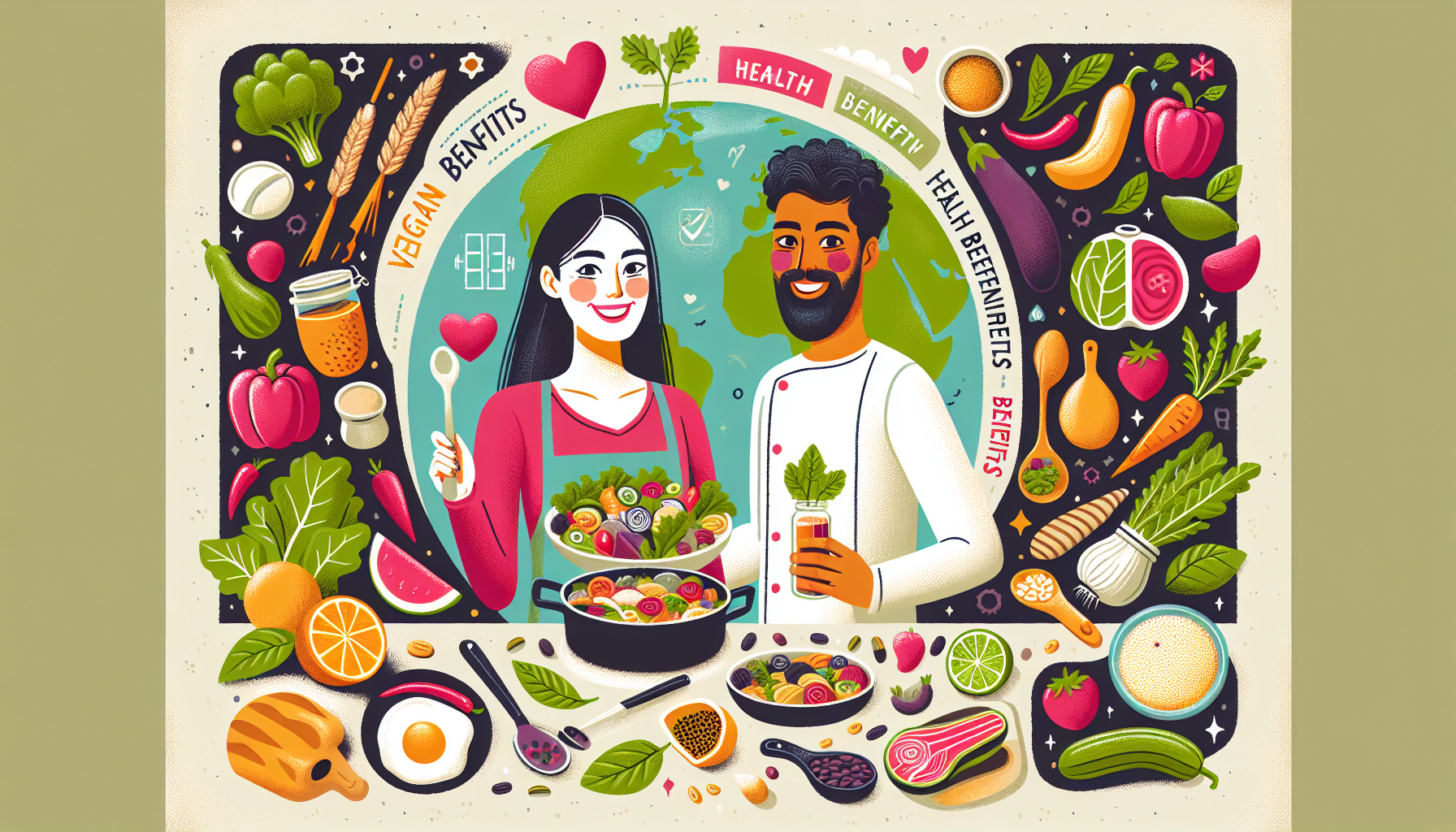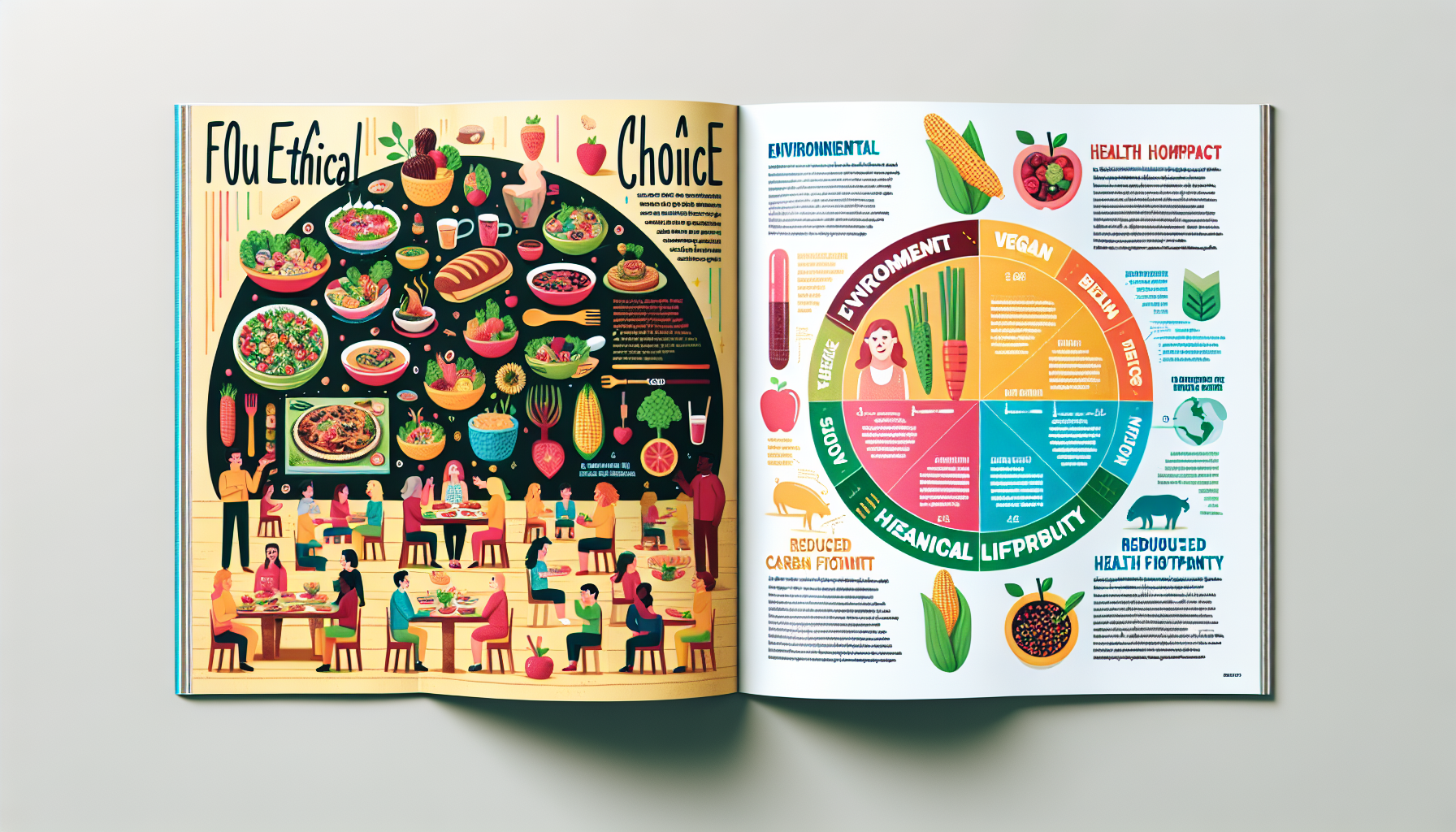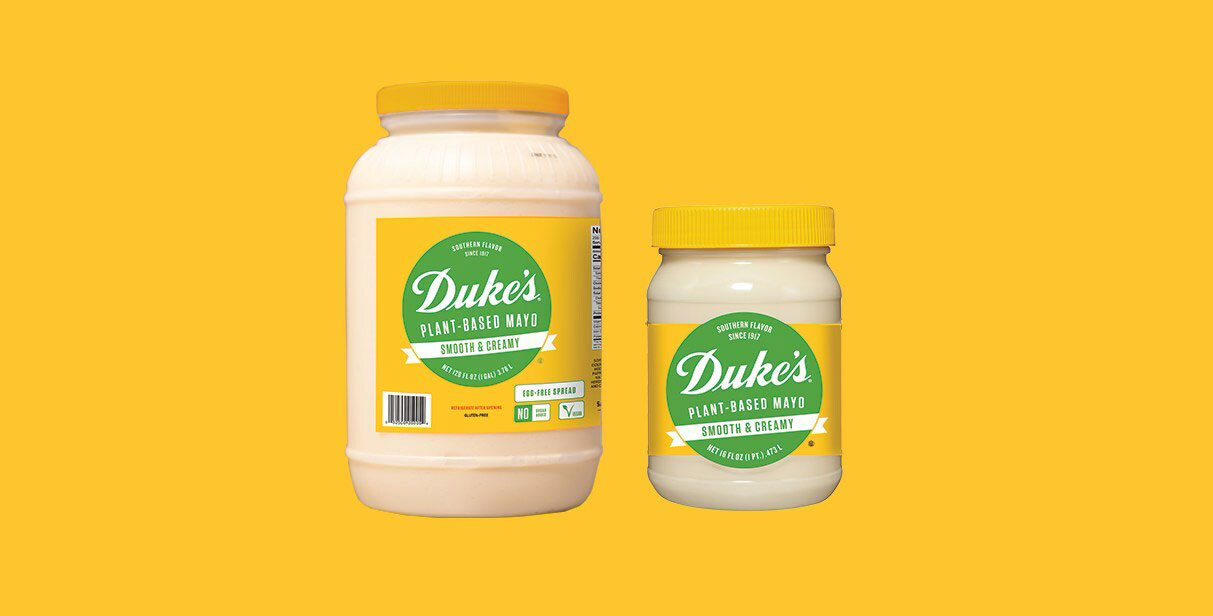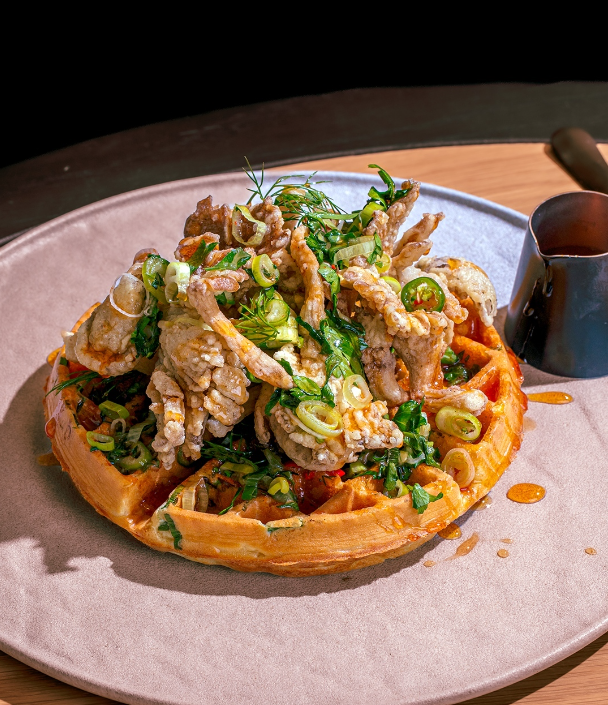Imagine living a life filled with vibrant health, environmental consciousness, and compassion for all living beings. This is the essence of the vegan lifestyle. By adopting a plant-based diet and eliminating all animal-derived products from your daily routine, you can not only boost your physical well-being but also contribute to a sustainable future for our planet. Explore the wonders of plant-based nutrition, learn about the countless benefits, and discover how embracing the vegan lifestyle can truly transform your life for the better.

Table of Contents
What is the Vegan Lifestyle?
The vegan lifestyle is a way of living that seeks to minimize harm to animals and the environment. It involves abstaining from the use of animal products, both in diet and in everyday products, and instead adopting a plant-based lifestyle. Veganism extends beyond just dietary choices and encompasses a commitment to ethical and environmental principles.
Definition of Veganism
Veganism is the practice of eliminating the use and consumption of animal products in all aspects of life. This includes avoiding meat, poultry, fish, dairy, eggs, honey, and any other food products derived from animals. It also extends to non-food items such as clothing, beauty products, and household goods that are tested on animals or contain animal-derived ingredients.
Ethical and Environmental Reasons
One of the main motivations behind the vegan lifestyle is the ethical concern for animals. Vegans believe that animals have the right to live free from exploitation and suffering. By abstaining from animal products, vegans aim to reduce animal cruelty and promote a more compassionate world.
Additionally, the environmental impact of animal agriculture is another driving force behind veganism. The production of animal products contributes to deforestation, greenhouse gas emissions, water pollution, and resource depletion. By choosing a plant-based diet and lifestyle, individuals can help minimize their ecological footprint and work towards a more sustainable future.
Health Benefits
Adopting a vegan lifestyle can also bring numerous health benefits. Plant-based diets are typically rich in fruits, vegetables, whole grains, legumes, and nuts, providing a wide range of essential nutrients. Research has shown that vegan diets can help reduce the risk of chronic diseases such as heart disease, type 2 diabetes, and certain types of cancer. Vegan diets are generally lower in saturated fat and cholesterol and higher in fiber, which can contribute to improved cardiovascular health and weight management.
Transitioning to a Vegan Lifestyle
Making the transition to a vegan lifestyle can be a gradual process, and there are different approaches to suit individual preferences and needs. It is essential to find a method that works best for you to ensure a successful, long-term transition.
Gradual Transition
For those who prefer a more gradual approach, transitioning to a vegan lifestyle can involve gradually reducing the consumption of animal products while increasing the intake of plant-based foods. This can be done by gradually replacing animal-based meals with vegan alternatives, incorporating more plant-based ingredients into your diet, and experimenting with vegan recipes.
Seeking Support
Transitioning to a vegan lifestyle can be easier with the support of like-minded individuals. Joining vegan communities, either in-person or online, can provide valuable resources, advice, and moral support. Connecting with others who are already living a vegan lifestyle can inspire motivation, provide helpful tips, and create a sense of camaraderie.
Nutritional Considerations
When transitioning to a vegan lifestyle, it is important to ensure that your diet is nutritionally balanced. A well-planned vegan diet can provide all the necessary nutrients, including protein, iron, calcium, and omega-3 fatty acids. It may be beneficial to consult with a registered dietitian or nutritionist to ensure you are meeting your nutritional needs and to address any concerns or questions you may have.
Finding Vegan Food Options
With the increasing popularity of the vegan lifestyle, finding vegan food options has never been easier. There are numerous resources and strategies to help you navigate the world of plant-based eating and discover a wide variety of delicious vegan foods.
Exploring Plant-Based Ingredients
Learning about plant-based ingredients is an essential step in finding vegan food options. Fruits, vegetables, whole grains, legumes, nuts, and seeds are the foundation of a vegan diet. Experimenting with different recipes and incorporating a diverse range of plant-based ingredients into your meals can make your vegan journey exciting and flavorful.
Reading Labels and Ingredients
Reading labels and understanding ingredient lists is crucial when searching for vegan food options. Look out for animal-based ingredients such as dairy, eggs, and gelatin, as well as hidden animal-derived additives like casein or whey. Familiarizing yourself with different names for animal products can help you make informed choices and avoid accidentally consuming animal-based ingredients.
Vegan Dining Out
Eating out as a vegan can sometimes be challenging, but many restaurants now offer vegan-friendly options or even entirely plant-based menus. Before dining out, it can be helpful to research vegan-friendly restaurants in your area or call ahead to inquire about vegan options. Additionally, requesting modifications to existing dishes or asking for vegan recommendations from the staff can often result in a satisfying dining experience.
Cooking and Meal Planning
Cooking at home and meal planning are key aspects of the vegan lifestyle. By equipping yourself with the necessary knowledge and skills, you can prepare delicious, nutritious, and satisfying vegan meals.
Stocking a Vegan Pantry
Stocking your pantry with vegan staples is an essential part of cooking and meal planning. Some basic vegan pantry items include grains (such as rice, quinoa, and oats), legumes (like lentils and chickpeas), canned vegetables and fruits, plant-based milk, nut butter, herbs and spices, and condiments like soy sauce and nutritional yeast. Having these items readily available can make meal preparation more convenient and enjoyable.
Key Vegan Cooking Techniques
Learning and mastering vegan cooking techniques can help you create a wide variety of flavorful dishes. Techniques such as sautéing, roasting, steaming, and blending can be used with plant-based ingredients to develop unique flavors and textures. Additionally, exploring different spices, herbs, and flavor combinations can elevate your vegan dishes and make them more enjoyable.
Meal Planning Tips
Meal planning is an effective way to stay organized, save time, and ensure a well-balanced vegan diet. Setting aside time each week to plan your meals, create shopping lists, and prep ingredients can make the cooking process more efficient. It can also prevent impulsive food choices and provide a structure that supports meeting your nutritional goals.

Vegan Fashion and Beauty
Adopting a vegan lifestyle extends beyond what you eat; it also encompasses what you wear and the beauty products you use. Choosing cruelty-free and vegan alternatives in fashion and beauty can align with your ethical principles and contribute to a more compassionate world.
Cruelty-Free Clothing
Cruelty-free clothing refers to garments that are made without the use of animal-derived materials or that do not harm animals in the production process. Materials such as leather, fur, silk, and wool are commonly avoided by vegans. Instead, vegan fashion options include synthetic fabrics, organic cotton, linen, and recycled materials. Many brands now offer cruelty-free and vegan clothing options, making it easier than ever to find stylish and ethical alternatives.
Ethical Beauty Products
Vegan beauty products are those that are not tested on animals and do not contain animal-derived ingredients. Many cosmetic brands now offer vegan alternatives to traditional products, such as vegan makeup, skincare, and haircare products. Reading product labels and looking for vegan certifications like the Leaping Bunny logo can help identify cruelty-free options.
Sustainable Fashion Choices
Going vegan also opens up opportunities to explore sustainable and eco-friendly fashion choices. Opting for clothing brands that prioritize ethical manufacturing practices, fair trade, and sustainability can contribute to reducing the negative impact of the fashion industry on the environment. Second-hand shopping, upcycling, and supporting local artisans are additional ways to embrace sustainability within the realm of fashion.
Exploring Vegan Travel
Traveling as a vegan may require a little extra planning, but it is entirely possible to enjoy vegan-friendly experiences while exploring new destinations. With increasing awareness of the vegan lifestyle, more options are becoming available for vegan travelers.
Vegan-Friendly Destinations
Some destinations are especially known for being vegan-friendly, offering a wide variety of plant-based dining options and vegan-friendly activities. Cities like Los Angeles, Berlin, London, and Bangkok have thriving vegan scenes, with numerous restaurants and cafes tailored to vegan preferences. Exploring these destinations can provide unique culinary experiences and opportunities to connect with like-minded individuals.
Vegan Travel Resources
When planning a vegan trip, utilizing online resources can be immensely helpful. Websites, social media groups, and travel blogs dedicated to vegan travel provide recommendations for vegan-friendly restaurants, accommodations, and activities in various destinations. Additionally, apps specifically designed for vegan travelers can assist in finding suitable options while on the go.
Eating Vegan on the Road
Road trips and long journeys can present challenges for vegans, particularly in areas with limited vegan options. To navigate this, planning ahead by packing vegan snacks, researching vegan-friendly restaurants along your route, and bringing essential cooking tools like portable stoves or blenders can make vegan eating on the road more accessible. Local grocery stores and farmers’ markets can also be a great resource for fresh fruits, vegetables, and other vegan essentials.
Vegan Fitness and Exercise
Contrary to popular belief, a vegan lifestyle can provide ample nutrition and energy for individuals engaged in various fitness and exercise activities. Many athletes and fitness enthusiasts have embraced veganism and have achieved outstanding performance results.
Plant-Based Athletes
Plant-based athletes are individuals who follow a vegan diet while actively engaging in sports and physical activities. Professional athletes such as tennis player Venus Williams, ultra-marathoner Scott Jurek, and bodybuilder Patrik Baboumian are notable examples of successful plant-based athletes. These individuals demonstrate that a well-planned vegan diet can fuel, support, and optimize athletic performance.
Nutrition for Active Vegans
For vegan individuals engaged in regular exercise, it is important to pay attention to their nutritional needs. Consuming an adequate amount of plant-based protein, healthy fats, carbohydrates, and micronutrients is essential for muscle recovery, sustained energy, and overall well-being. Consulting a registered dietitian or sports nutritionist experienced in vegan diets can be beneficial in optimizing your nutrition for fitness goals.
Vegan Exercise Programs
In addition to diet, adopting a comprehensive vegan exercise program can contribute to overall fitness and well-being. Vegan exercise programs may include a combination of cardiovascular exercise, strength training, flexibility exercises, and sports-specific training. Engaging in activities you enjoy and varying your exercises can help keep you motivated and establish a sustainable exercise routine.
Vegan Parenting and Families
Raising vegan children and incorporating a vegan lifestyle into family life is a topic of interest for many vegan parents. With proper planning and education, it is possible to raise healthy and thriving vegan children.
Raising Vegan Children
When raising vegan children, it is important to prioritize their nutritional needs. Babies and young children have specific nutrient requirements, such as appropriate calcium, iron, and vitamin B12 intake. Consulting with a pediatrician or a registered dietitian experienced in vegan nutrition can ensure that your child’s dietary needs are met and that growth and development are on track.
Dealing with Social Challenges
Vegan families may encounter social challenges or criticism from others who do not understand or support their lifestyle choices. Addressing these challenges with open communication, education, and respect can help bridge the gap and build understanding. It can also be helpful to connect with other vegan families within your community or through online platforms, creating a support system for navigating social situations.
Balancing Nutrients for Kids
Ensuring a well-balanced vegan diet for children requires careful consideration of their nutritional needs. It is important to incorporate a variety of nutrient-dense plant-based foods, including whole grains, fruits, vegetables, legumes, nuts, and seeds, in their daily meals. Additionally, supplements such as vitamin B12 and vitamin D may be needed, as these nutrients can be challenging to obtain solely from a vegan diet.
Addressing Concerns and Criticisms
As with any lifestyle choice, veganism can attract concerns and criticisms from others who may not share the same views. Addressing these concerns and handling potential conflicts with understanding and respect can help promote a positive dialogue and create a more inclusive environment.
Protein and Nutrient Concerns
One of the most common concerns raised about the vegan lifestyle is the availability of protein and other essential nutrients. However, with careful meal planning and a variety of plant-based food choices, individuals can easily meet their nutritional needs, including protein, iron, calcium, and vitamin B12. It is important to educate others about the nutritional benefits of plant-based foods and provide evidence-based information to address concerns.
Social Stigmas and Stereotypes
Veganism has often been associated with certain stereotypes, such as being overly restrictive or extreme. Addressing these social stigmas requires emphasizing the diverse nature of vegan lifestyles and highlighting the positive aspects, such as compassion for animals, environmental sustainability, and health benefits. Sharing personal experiences and stories can also help break down stereotypes and create a more accurate perception of veganism.
Handling Conflicts
In some cases, conflicts may arise when discussing or practicing veganism with those who hold different views. It is important to approach these conflicts with empathy, understanding, and open-mindedness. Engaging in constructive conversations, using facts to support your arguments, and recognizing the limitations of changing others’ beliefs can help minimize conflicts and promote mutual respect.
Conclusion
The vegan lifestyle encompasses a range of principles and choices that aim to minimize harm to animals, protect the environment, and promote personal health and well-being. Transitioning to a vegan lifestyle can be a gradual process, with the support of resources, community, and proper nutrition. Finding vegan food options, exploring vegan fashion and beauty, and practicing veganism while traveling or engaging in fitness activities are all possible and increasingly accessible. Vegan parenting requires careful consideration of nutrients while dealing with social challenges and creating a supportive environment. Addressing concerns and criticisms with information and respect can help promote understanding and acceptance. In conclusion, embracing a vegan lifestyle is a personal and meaningful choice that can make a positive impact on individuals, animals, and the planet.






